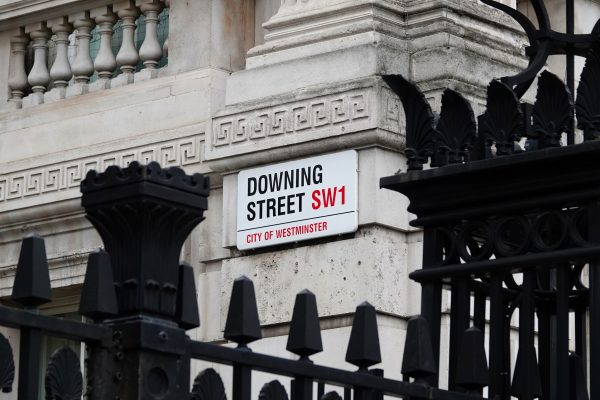Author: Dennis Chapman
Published: October 7, 2009
Reading time: 1 minute
This article is 16 years old.
Read our disclaimer keyboard_arrow_down
This website content is intended as a general guide to law as it applies to the motor trade. Lawgistics has taken every effort to ensure that the contents are as accurate and up to date as at the date of first publication.
The laws and opinions expressed within this website may be varied as the law develops. As such we cannot accept liability for or the consequence of, any change of law, or official guidelines since publication or any misuse of the information provided.
The opinions in this website are based upon the experience of the authors and it must be recognised that only the courts and recognised tribunals can interpret the law with authority.
Examples given within the website are based on the experience of the authors and centre upon issues that commonly give rise to disputes. Each situation in practice will be different and may comprise several points commented upon.
If you have any doubt about the correct legal position you should seek further legal advice from Lawgistics or a suitably qualified solicitor. We cannot accept liability for your failure to take professional advice where it should reasonably be sought by a prudent person.
All characters are fictitious and should not be taken as referring to any person living or dead.
Use of this website shall be considered acceptance of the terms of the disclaimer presented above.
In a recent case (Francisco Vicente Pereda v Madrid Movilidad SA) it was decided that if someone falls ill and decides not to take annual leave during a period of illness he/she must be granted equivalent replacement paid holiday leave.
The philosophy is that a worker should be entitled to a period of rest, relaxation and leisure, and sick leave is to allow recovery from illness. The principle applies whether the sickness occurs before or during the period of annual leave.









